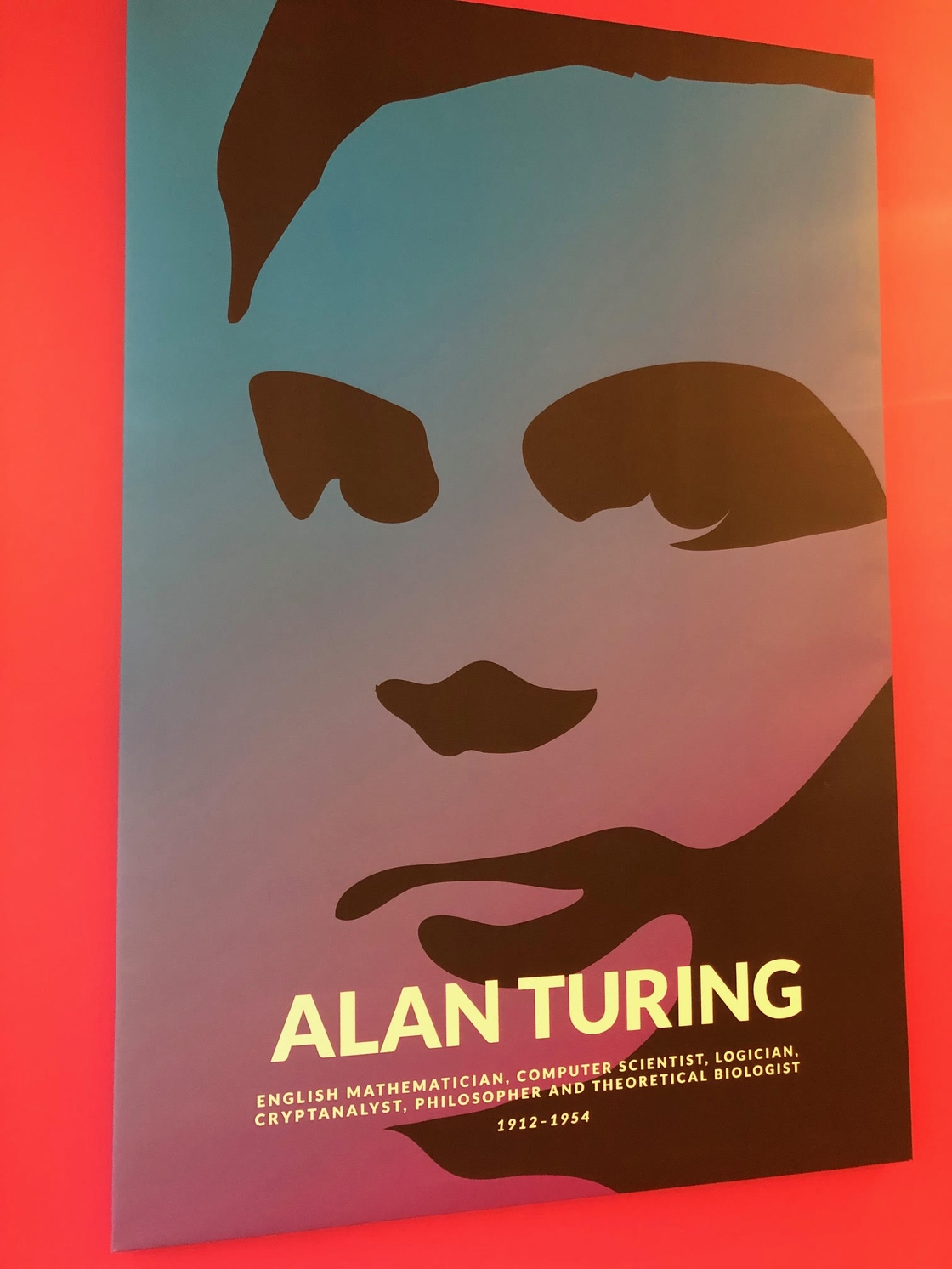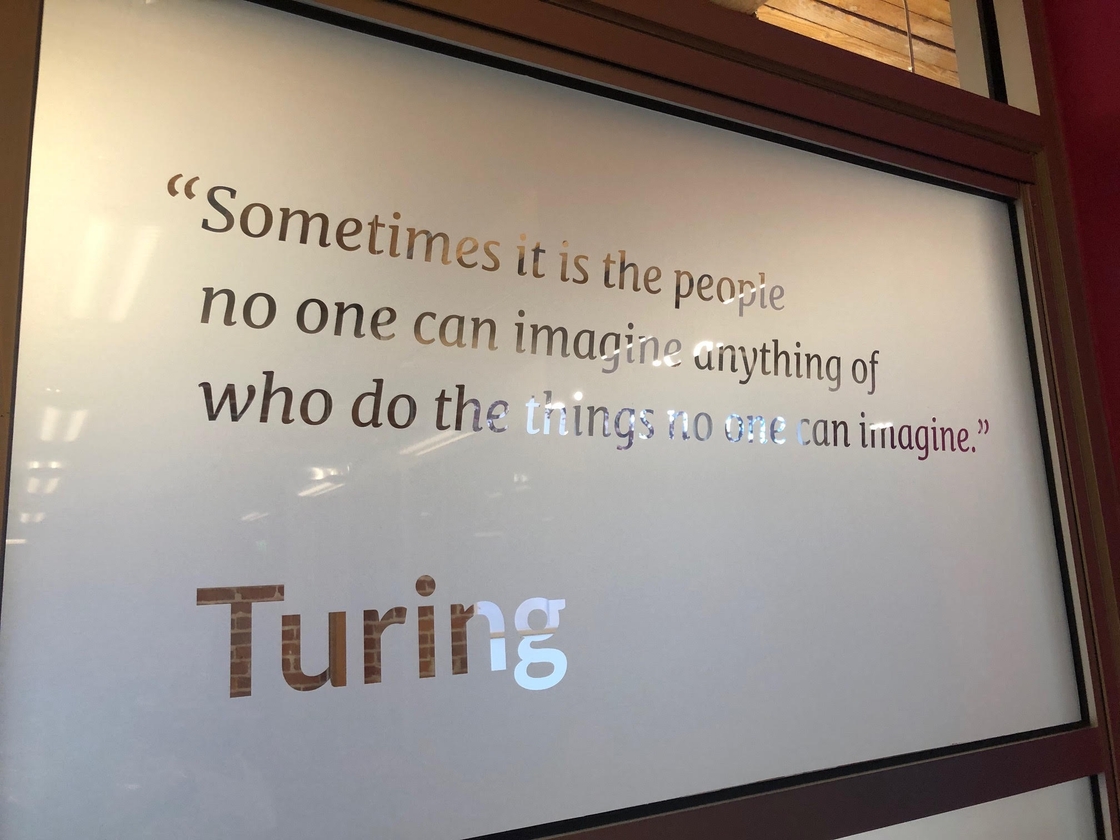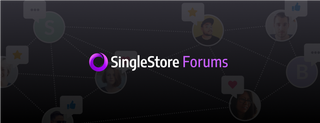
June is typically associated with summer vacations, weddings, and Wimbledon – and the worldwide celebration of Pride Month. But 2020, as we all know, is not a typical year. It’s a year of change and, most importantly, reflection.
Throughout history, periods of upheaval are often the genesis of strides toward achieving greater awareness, progress, and change. With parades, and other public celebrations, canceled, Pride Month is still an opportunity to drive momentum related to diversity and inclusion.
There are records of movements for LGBTQ rights dating back to the 1920s. But the defining date that catapulted LGBTQ rights to center stage was on June 28, 1969, when the Stonewall Inn bar was raided by the police. Unlike most prior raids, this event was unique, in that the patrons fought back. Marsha P. Johnson famously declared, “I got my civil rights!,��” as a shot glass was thrown into a mirror. This is now known as “the shot (glass) that was heard around the world”.
The protests and riots, underscoring the much-needed awareness of this marginalized community, energized people to take action and create a change. Pride Month celebrates this.
In respect of this movement, I want to celebrate a great innovator, lost too soon, who helped lay the intellectual groundwork that all of us in computing depend on every day: Alan Turing. On my first day at SingleStore, I noticed a conference room in SingleStore’s offices, named in Turing’s honor, with a large graphic image of Turing adorning the wall. Our co-CEO, Nikita Shamgunov, described him to me as one of Britain’s greatest minds — brilliant as a war hero, a giant of computer science, and a gay man who wanted the right to live freely.

Born this month in 1912, Turing designed a computer that helped crack Nazi Germany’s code in World War II. Turing also is credited with laying the groundwork for artificial intelligence (AI) and modern computing, and creating the Turing Test, a method for determining whether machines can think.
The test, which Turing introduced in the 1950 paper “Computing Machinery and Intelligence,” involves a human asking questions of an AI system and a human. The human asking the questions must then decide which of the respondents is the AI, and which is human. If the AI system wins, it has successfully met the Turing Test, and won the so-called “imitation game.” (The 2014 movie The Imitation Game, based on Turing’s life and tragic death, was a worldwide success.)
Today, we may be close to meeting the Turing Test. You can have meaningful conversations with an AI system. The system can often trick people into thinking that they’re speaking to a human being, when they’re not.
The ACM Prize in Computing recently went to the creators of AlphaGo, an AI system that plays Go. The system’s creators also repurposed it to play chess against the most advanced computerized systems in the world. Computers have been beating humans at chess for a while now, but this next-generation, AI-based approach became the best program to play chess so far.
In discussing the Turing Test with me recently, Nikita commented:
“In my opinion, the Turing Test doesn’t set the bar in the right place. It sets a bar, but that bar can be gamed.
“I think what we want – and where we will get, eventually – is to more general intelligence. When that happens, we will reach an interesting inflection point in the history of computing and in the history of humanity, often referred to as the Singularity.
“On the journey to general intelligence, it’s still very early days. We are seeing ever-increasing use of AI. Yet there are a lot of things AI enables us to do that we couldn’t do before, such as understanding what’s captured in a picture, or allowing cars to drive themselves. This is all evidence of AI moving forward.
“But general intelligence is beyond that – it’s what humans can do. Humans can write books and prove mathematical theorems, think in abstract ways, and create things. And while a lot of work is going into artificial general intelligence, we are nowhere near advancing to the same level or capabilities that the human brain can achieve.
“Today AI is still a supporting tool. It’s a better knife in the arsenal of knives for a tremendous chef. However, we have not replaced the chef.”

That said, the Turing Test is a bar that was set in the 1950s. And that is absolutely a milestone. It put us on an important path, just as the Stonewall rebellion did in 1969.
I don’t know how many years it will take to fully exceed the bar set by the Turing Test for next-generation AI. But I do know that innovation is a journey, not a destination. With that in mind, I’m encouraged by the strides made by the LGBT community, and happy to recognize Turing’s many achievements.





